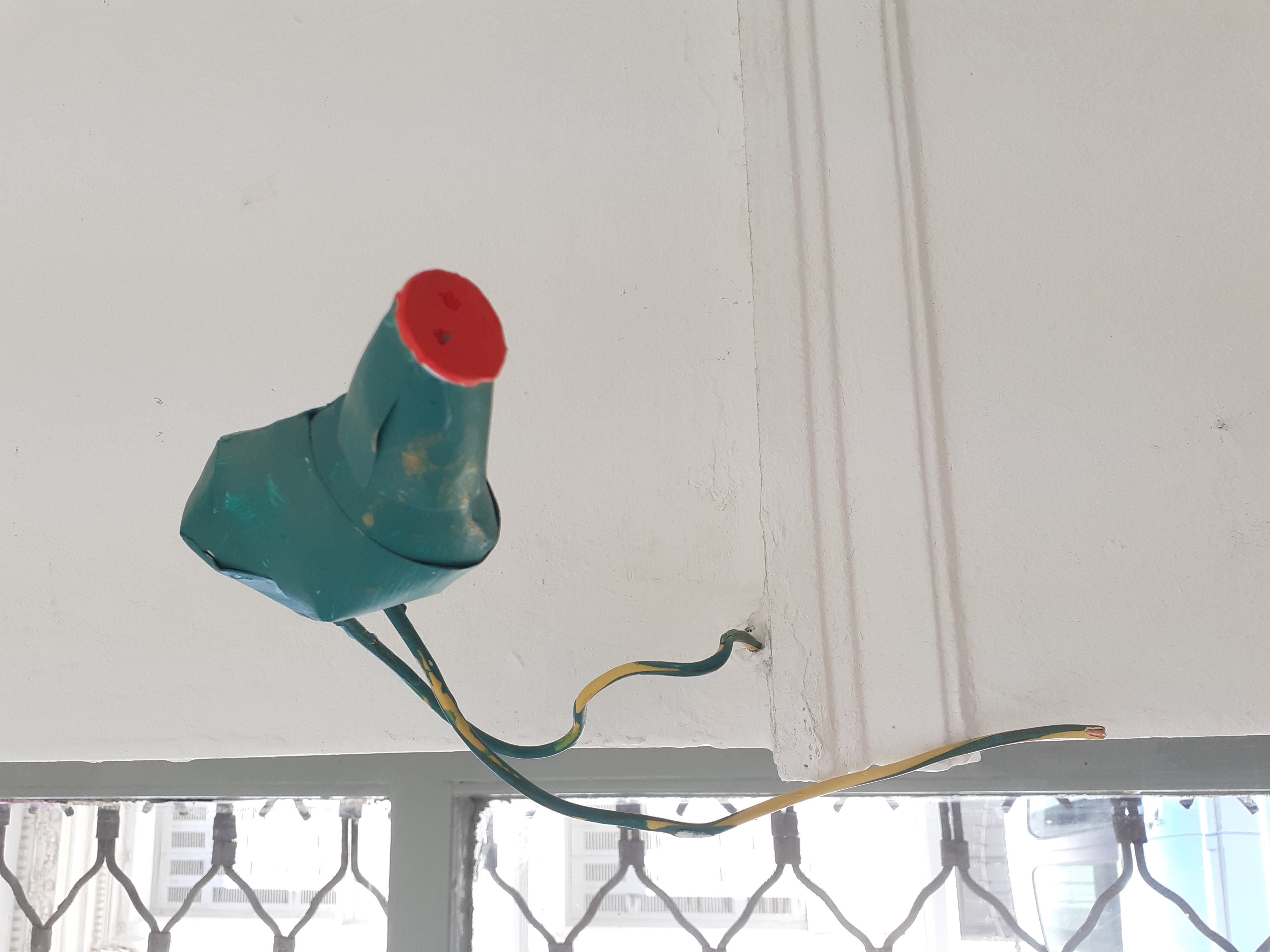The archive of the disappeared
They arrive barefoot. Blindfolded. Wrists split open from transit cuffs. No ceremony. No explanation. The corridor of entry hums, fluorescent, endless. Cameras track them like vultures circling meat. Names vanish on contact. Replaced by numbers: seven digits seared into coarse cloth.
This is the clean zone. That’s the term in the broadcasts. A euphemism lacquered in antiseptic, lies. It isn't a prison anymore. It’s infrastructure. A nexus point wrapped in spacetime distortion, justified by the regime’s extradimensional jurisprudence.
Hell is no longer local.

Cells cram ninety-seven people into space meant for ten. No stretch of floor remains unoccupied. They lean into each other, stack themselves by necessity. The light never dims. No shadows. No night. Just that persistent, buzzing glare, chemical, blinding, bleaching memory, erasing pigment.
During corridor drills, those forced, ritual parades of discipline, the visitors arrive.
They don’t descend. They rupture. They slip in between frames. Between a guard’s command and a prisoner’s twitch of compliance.
They do not rescue. They record.
Moving through walls, through fences, through surveillance systems built to be infallible. They see everything. They collect the discarded. The wrongly flagged. The algorithmically erased. They store the hums sung to block out screaming. The stories mouthed silently into sleeves.
They don’t touch. They imprint.
Each scar, every forced confession, the absences left by vanished families, archived. Logged not as data but as truth.
The visitors are building a ledger no tribunal can rewrite.
Not a registry of crime, but a museum of theft.
The archive grows. And memory sharpens its teeth.